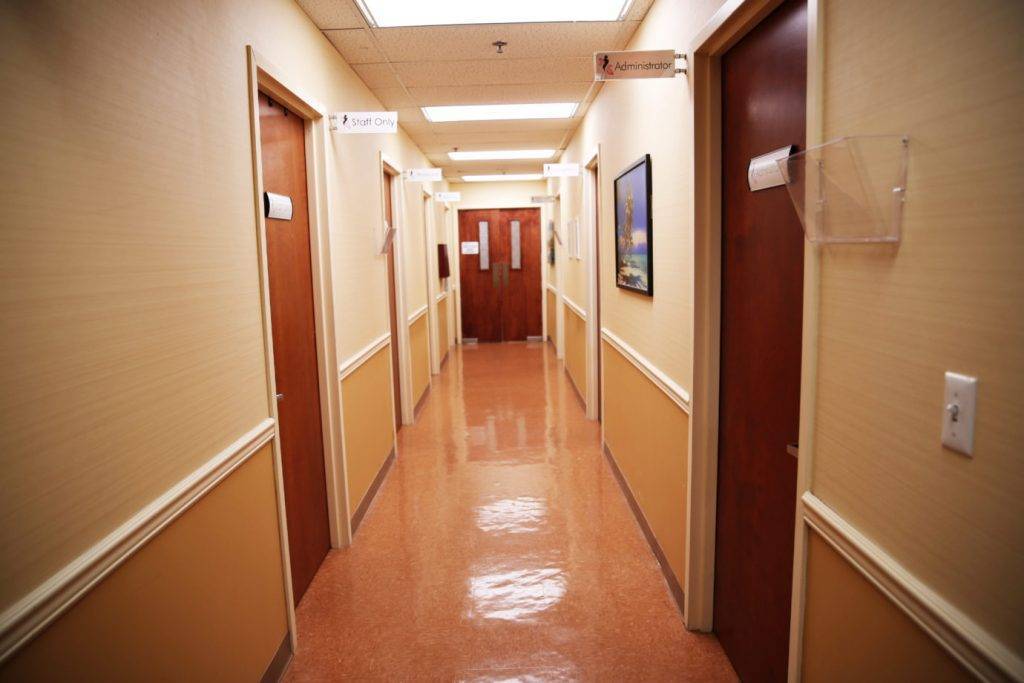Many women were raised and still believe that an annual pap smear is a requirement.
Women’s health studies have now shown that women 21 years and older at average risk for cervical cancer, getting screened once every 3 years should be sufficient.
It is now recommended that Gynecologist do not screen women younger than 21 for cervical cancer. Nor should they test for human papillomavirus (HPV) infections in women younger than 30, the group says.
The advice was released at the ACP’s (American College of Physicians) conference and published online in the Annals of Internal Medicine.
Do No Harm
Screening can lower the frequency, severity, and death rate from cervical cancer by spotting precancerous lesions, and it can catch the disease at early stages before symptoms appear. But what they don’t tell you is that there are also risks involved with testing and treatment.
Although women under 21 may commonly have abnormal features of the cervix, these are rarely a sign of problems. If screened, though, many of these women have procedures including biopsies, and some may be treated even if the unusual features are likely to go away on their own.
Annual screening is no longer recommended because of the high rate of false-positive results — when a Pap smear result is abnormal — tied to frequent screening. There is a long lag time between the development of precancerous lesions and invasive cervical cancer — about 10 years — so less-frequent screening should still be able to spot the disease in time.
For average-risk women 30 years and older who would rather not get tested every 3 years, doctors can offer “cotesting” — a combination of Pap smear and HPV testing — once every 5 years. This has become the acceptable standard of care.
Women older than 65 who’ve had no abnormal Pap smears in the previous 5 years are unlikely to get cervical cancer. But they’re at higher risk than younger women of being subjected to unnecessary procedures on the basis of false-positive results.
Talk to you doctor about the frequency and necessity of pap testing at your next annual exam.

